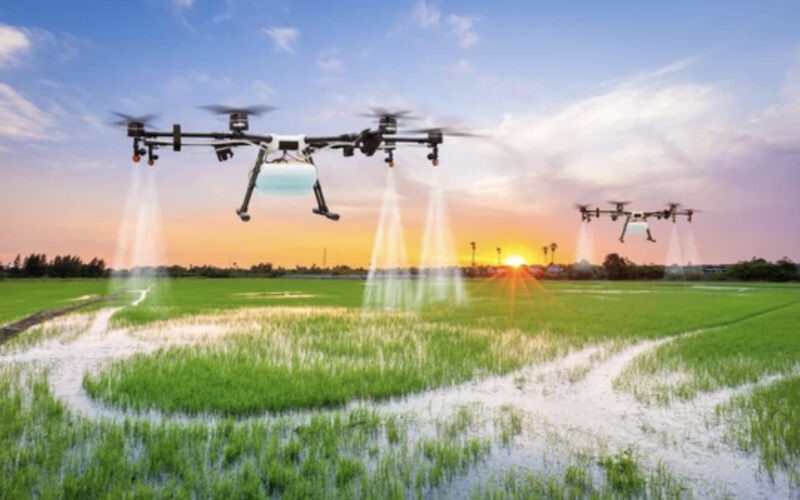Agriculture is one of the most important industries in the world, providing food and other essential products for billions of people. As the world’s population continues to grow and climate change poses new challenges, the need for effective leadership in the agriculture industry is more important than ever.
Key Takeaways
- Leaders in the agriculture industry play a vital role in driving innovation, addressing challenges, and advocating for the industry.
- Effective leadership in the agriculture industry is essential for meeting the needs of a growing population and ensuring a sustainable food supply.
- Leaders in the agriculture industry come from a variety of backgrounds, including farmers, ranchers, researchers, business leaders, and policymakers.
- There are many opportunities for leadership in the agriculture industry, and people of all ages and backgrounds are encouraged to get involved.
Leaders in the agriculture industry play a vital role in:
- Driving innovation: Agriculture is a constantly evolving industry, and leaders are responsible for driving innovation forward to meet the needs of a growing population. This includes developing new technologies, improving farming practices, and finding new ways to produce food more efficiently and sustainably.
- Addressing challenges: Agriculture faces a number of challenges, including climate change, pests and diseases, and market volatility. Leaders in the industry are responsible for developing and implementing solutions to these challenges. This requires working with farmers, ranchers, researchers, policymakers, and other stakeholders.
- Advocating for the industry: Agriculture is a critical industry, but it is often overlooked or misunderstood. Leaders in the industry are responsible for advocating for the industry and its importance to society. This includes educating the public about agriculture, promoting agricultural research, and working with policymakers to ensure that the industry has the support it needs.
“Leadership in agriculture is not about telling people what to do. It is about inspiring them to do what is right for the future.”
Rattan Lal
Here are some examples of how leaders in the agriculture industry are making a difference:
- Farmers and ranchers are developing new farming practices and technologies to reduce their environmental impact and improve their efficiency. For example, some farmers are using precision agriculture techniques to apply fertilizer and water more precisely, while others are using cover crops to improve soil health and reduce erosion.
- Research scientists are developing new crop varieties and livestock breeds that are more resilient to climate change and pests and diseases. For example, scientists have developed new wheat varieties that can tolerate drought and saline soils.
- Business leaders are investing in new agricultural technologies and startups. This investment is helping to accelerate the development and adoption of new technologies that can improve agricultural productivity and sustainability.
- Policymakers are developing policies that support agricultural innovation and resilience. For example, some governments are providing financial incentives for farmers to adopt sustainable farming practices.
The agriculture industry is facing a number of challenges, but it is also an industry of great opportunity. Leaders in the agriculture industry are playing a vital role in shaping the future of food and agriculture. If you are passionate about agriculture and making a difference in the world, there is no better time to get involved.







